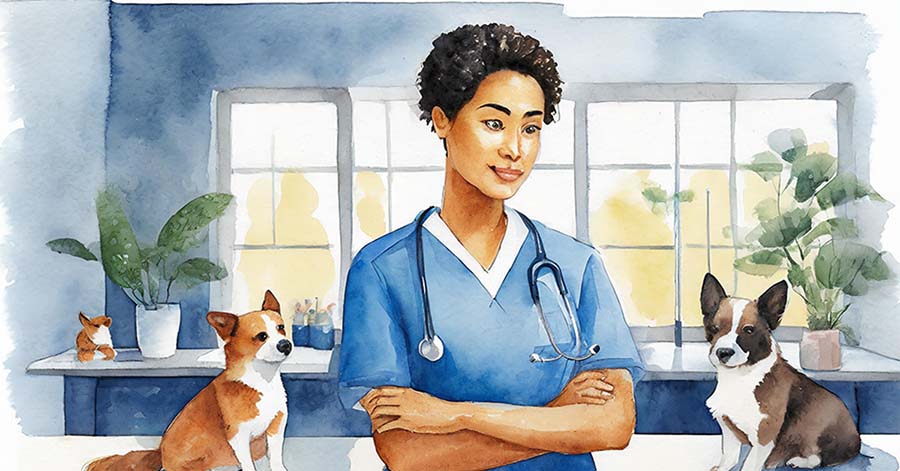When I hear someone use the phrase “hold someone accountable”, they usually mean punishing someone for not doing their job well. Many equate it with punishment, viewing accountability as a consequence of errors or failures.
Rethinking Accountability: More Than Just Consequences
But here's the thing: if we limit our understanding of accountability to just dealing with mistakes, we're missing a huge opportunity. Instead of fostering a culture of fear and aversion to risks, why don't we redefine accountability in a way that encourages growth, learning, and proactive behavior?
Accountability is Not Punishment - It's Opportunity

I believe accountability is about looking forward, finding solutions, taking ownership, and being proactive. It's about creating a supportive environment where every member of the team feels empowered to take responsible risks, learn from their experiences, and contribute positively to the practice's success.
When we shift our perspective from punishment to empowerment, we lay the foundation for a truly accountable culture.
Building a Model of Accountability for Veterinary Teams
At VetLead, we've developed a simple yet powerful model to help veterinary hospitals frame their approach to accountability. This model focuses on:
Get the full Accountability Model (and so much more) when you start your free trial membership.
By adopting this model, veterinary professionals can become champions of accountability, steering clear of the victim mentality and contributing to the success and growth of their organization.
Accountability in Action - A Practical Guide
But how does this look in practice? It's about aligning everyone in the hospital with a clear and shared understanding of accountability. This means evaluating actions and habits based on a well-defined accountability framework.
As leaders, we have the responsibility to guide our teams towards this understanding, offering clear examples of proactive, solution-oriented, and ownership-driven behaviors.
Imagine the difference it makes when a manager defines what being accountable means in practical terms, compared to a vague instruction to 'be more accountable.' The former leads to clarity, insight, and positive change.
Leading by Example: The Role of Leaders in Fostering Accountability

Leadership is key in driving accountability. It's about setting the standard, communicating expectations clearly, and most importantly, embodying the principles of accountability in our own actions.
In our veterinary practices, we can continually assess our behaviors against the accountability model, seeking opportunities for improvement and leading by example.
In the end, the culture of an organization is shaped by the actions of its leaders. We have the power to build the culture we desire, one that thrives on accountability, growth, and success.
The Power of Leadership in Shaping Accountability
Finally, let's not forget the pivotal role of leadership in shaping a culture of accountability. I’ve coached many veterinary professionals, I've seen firsthand how the actions of leaders set the tone for the entire practice. It's a powerful choice we have: to consciously build the culture we aspire to, or passively let a culture form on its own.
Embracing Accountability: The Path to Success
By choosing to be proactive, solution-focused, future-oriented leaders who take ownership, we not only embody accountability but also inspire our teams to do the same. This approach doesn't just build a culture; it cultivates a thriving environment where accountability becomes the backbone of success.
So, let's choose wisely. Let's build a culture that reflects our values, drives our practice forward, and creates a positive impact for everyone involved. In the end, it's not just about being accountable; it's about creating a legacy of leadership and excellence in veterinary practice.
Is accountability important to the culture in your practice? Let us know in the comments below.